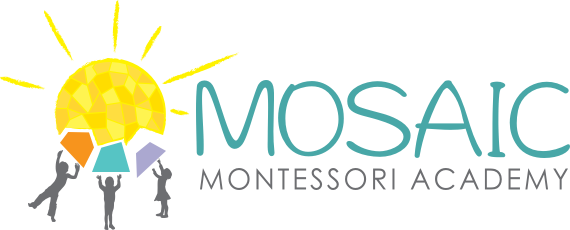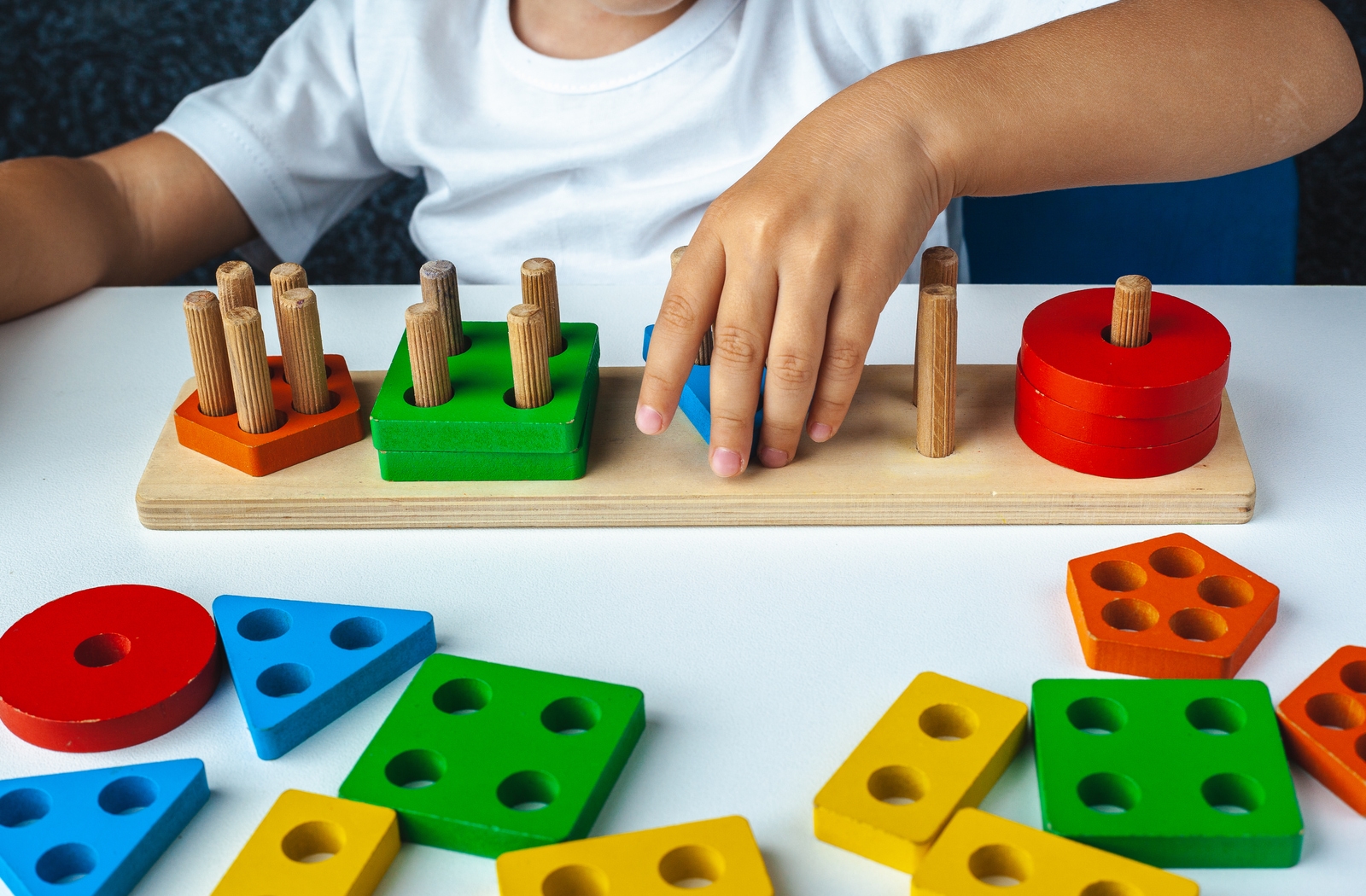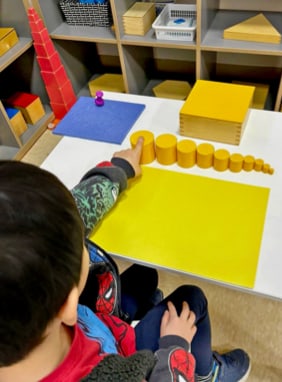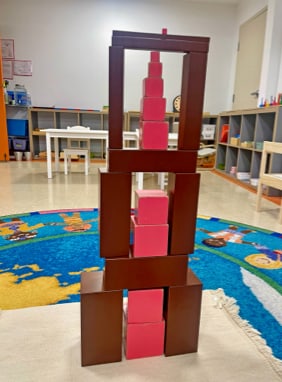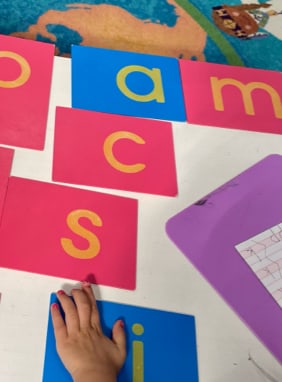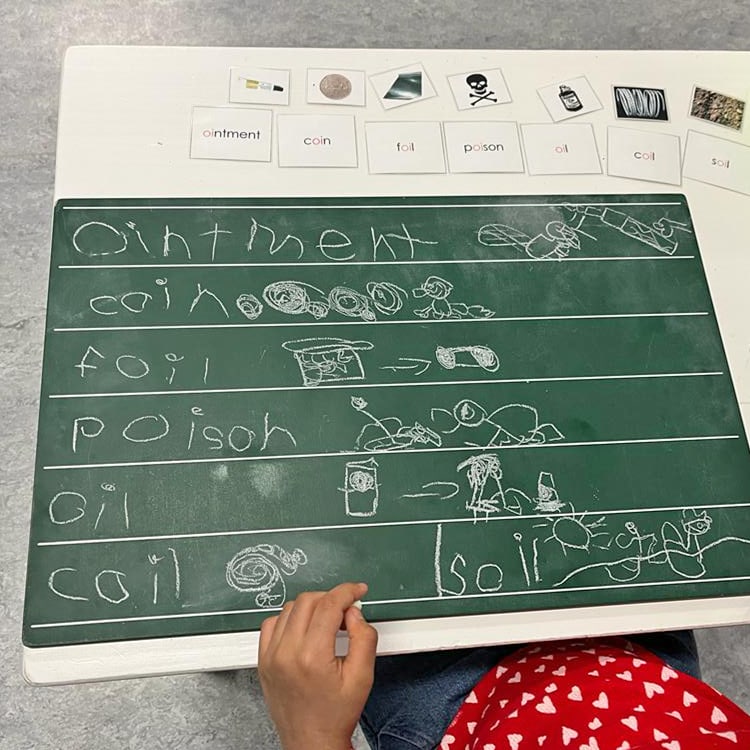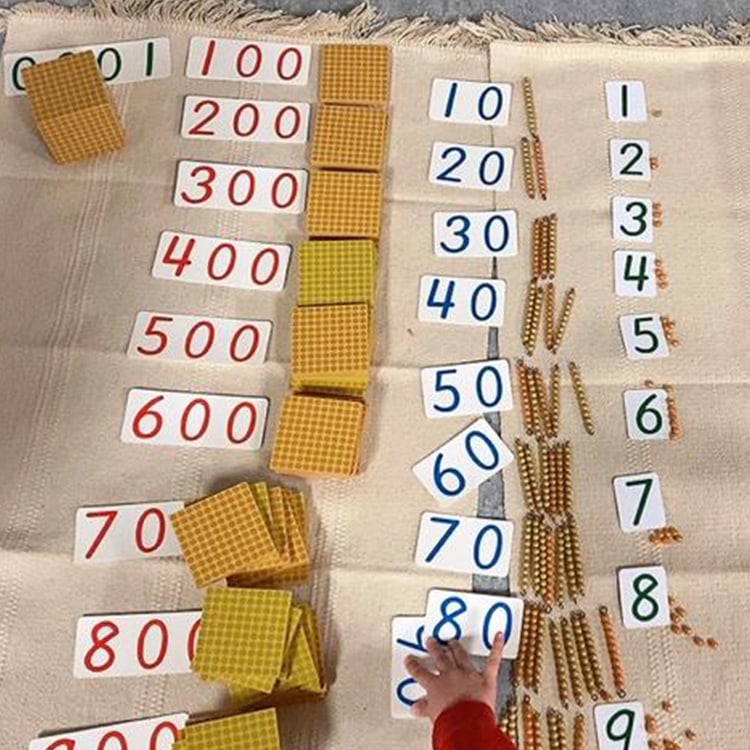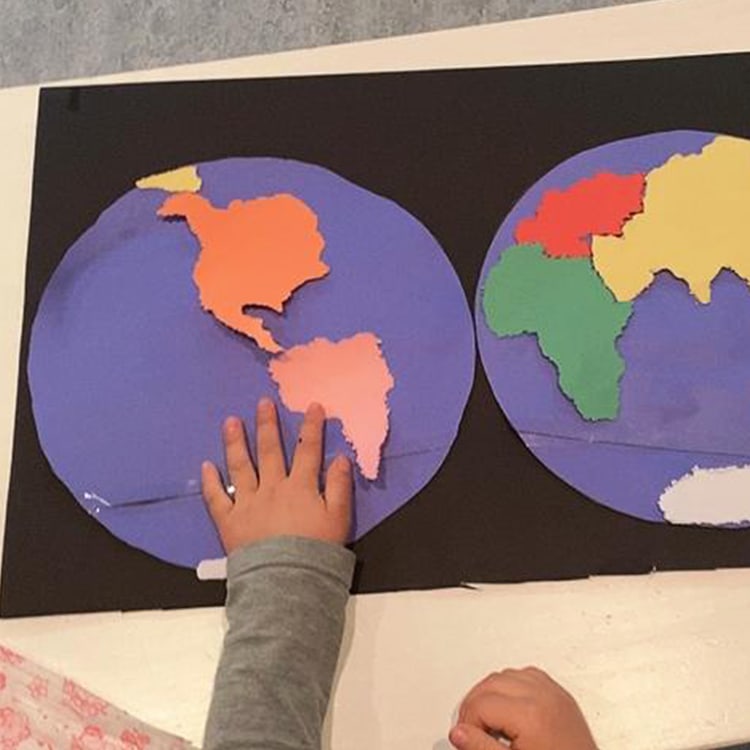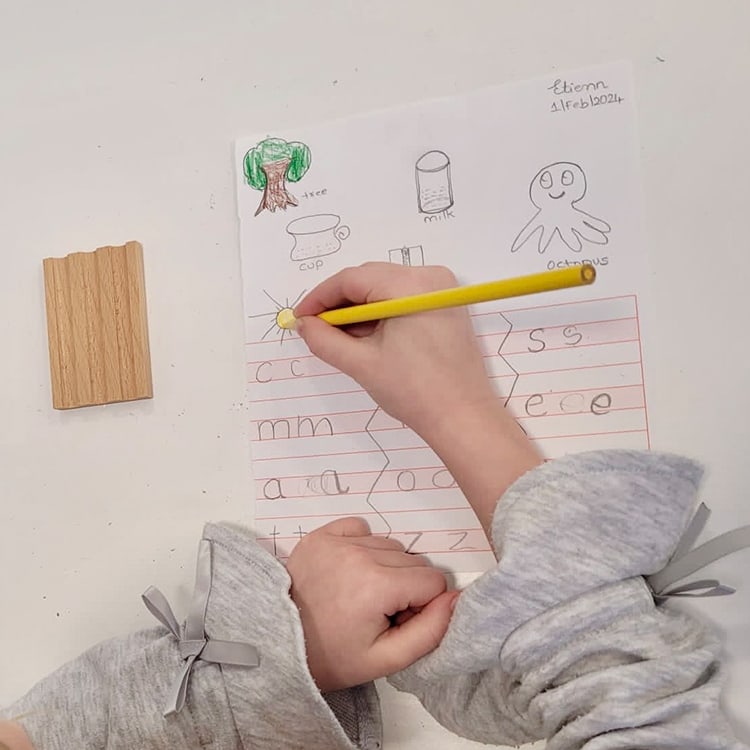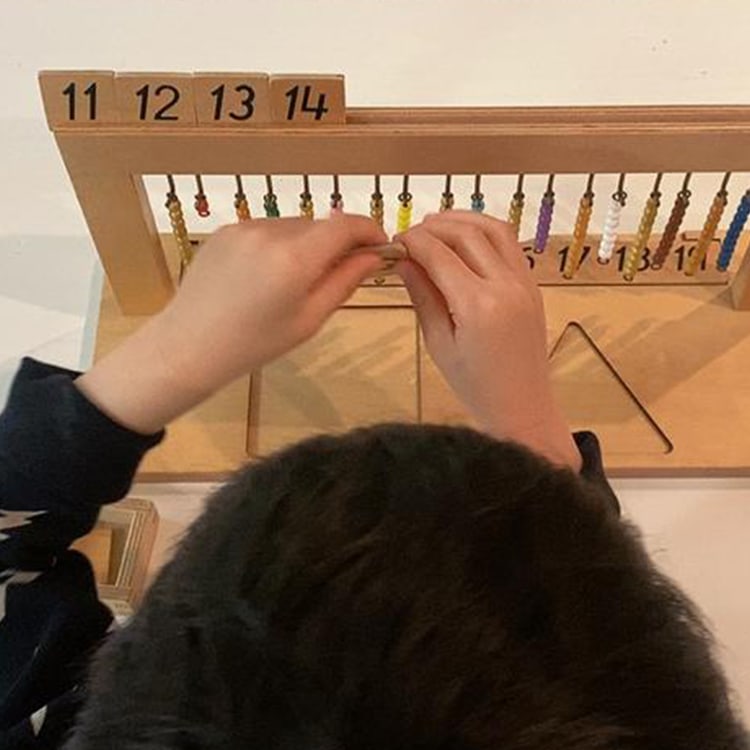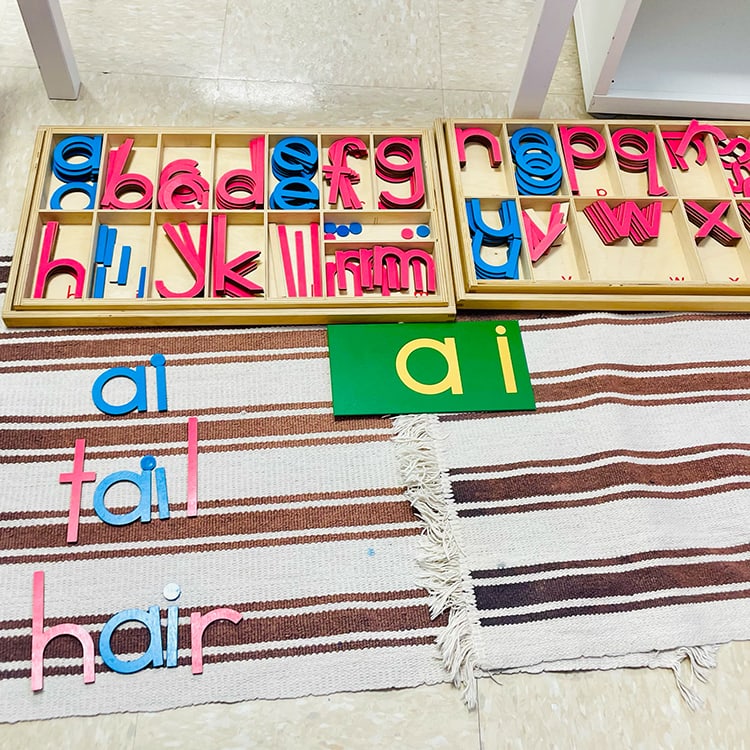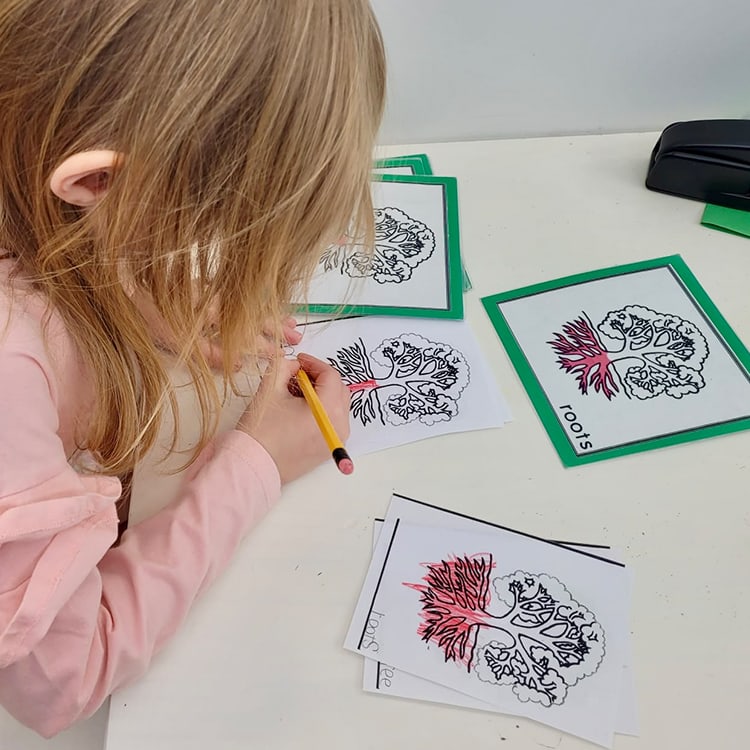Montessori learning centers build a strong learning foundation in young people. The Montessori Method allows young learners to develop skills in a dynamic environment. But the long-term effects of this education go beyond toddlers and preschoolers.
Learning principles that are taught at the crucial early stages of life can have positive effects that last a lifetime. Let’s explore how Montessori schools prepare young minds for lifelong learning. If you’re curious about enrolling your child in an adaptive, engaging learning environment, please contact us for more information.
Montessori 101: Learning Principles
Maria Montessori opened her first Casa dei Bambini (Children’s House) with the belief that all children deserve an equal education. Through Montessori’s extensive work with children of all social backgrounds, she discovered that a dynamic learning environment was important for building independent thinkers. This system became known as The Montessori Method and can be summarized with a few key educational foundations.
Respect for the Child
The Montessori Method is rooted in creating an environment in which the child feels respected. By communicating and displaying respect for the child, the golden rule begins to develop at an early age. Montessori classrooms encourage respect for self, respect for peers, and respect for teachers. This instills a sense of respect for all people and all environments, that can be applied across all classrooms and throughout life.
Dynamic Learning Environment
Montessori learning spaces are full of a variety of activities and equipment that spark interest across various mediums. This range of learning tools, as opposed to simply paper and pencil, allows young minds to grow with activities they already enjoy. By providing learning exercises that explore different cognitive and critical learning habits, more children can associate the classroom, and learning in general, as a positive experience.
The Multi-Age Classroom
Just like in most of our daily lives, a Montessori environment involves mixed-age interaction. This promotes leadership among older children and promotes sharing of information between age groups. This skill set can be translated to life far beyond Montessori classrooms. Building the idea of leadership and peer mentorship is an important trait to have during adolescent education and in working environments.
Independent Learning is Encouraged
Children at Montessori Academies are not only permitted but encouraged to solve problems alone or in peer groups without a teacher’s guidance. While teachers are always available as a resource, the goal is to promote freedom and independence in learning, known as auto-education. The effects of learning independent problem-solving at a young age can be undeniably applied to learning later in life.
Teachers That Learn Too
Maria Montessori believed that adults could learn much from children too, not simply a one-way instruction from teachers to students. Montessori teachers are certified through Montessori associations and taught to apply Montessori theory in learning environments.
The Montessori teacher allows children to work out problems alone and gauges each child’s personal development before directing new activities or lessons. In traditional learning institutions, we are generally given less guidance as we age. This Montessori teaching method applied to younger children has a lasting effect on the way that they grow and learn independently.

Lasting Effects of The Montessori Method
The Montessori Method contributes to life-long success by encouraging the development of all types of young learners, whether they become a mathematician, a mechanic, or a musician. Studies suggest that the environmental elements of a Montessori classroom provide long-term advantages in developing fine-motor skills and building attention span.
Developing intrinsic motivation is a pillar of Montessori teachings. By allowing children to feel accomplished simply by the act of learning, instead of external rewards, they build a foundation that we all need for success later in life. The goal is to build a love for learning. And the long-term effect of this is the pursuit of knowledge at all stages of life.
Lifelong Values
The techniques and methods used in Montessori education are rooted in values that can be applied to all aspects of life. Regardless of how long your child is enrolled in a Montessori Academy, the values they are taught can have a long-term effect on the way they learn and the way they interpret the world.
Montessori classrooms reinforce the following values, to be shared with young learners and as a child grows:
- Respect for self, peers, and teachers
- Respect for our environments
- Independence and freedom within limits
- Self-discipline and self-motivation
- Respect for knowledge
- A life-long love for learning
Prepared for Tomorrow, Prepared for Life
There is never too early, or too late, a time to integrate your child into a Montessori academy. The learning foundations that are reinforced transcend the classroom. More important than a curriculum or specific topic, is the ability for your child to utilize independent problem-solving skills. Montessori education emphasizes leadership, respectful interaction, and independent thinking. These are all philosophies that translate to other stages in life, from elementary to high school, university, and into the real world as an adult. Enroll your child in a learning center that will help them grow and will have a lasting effect on their life.
